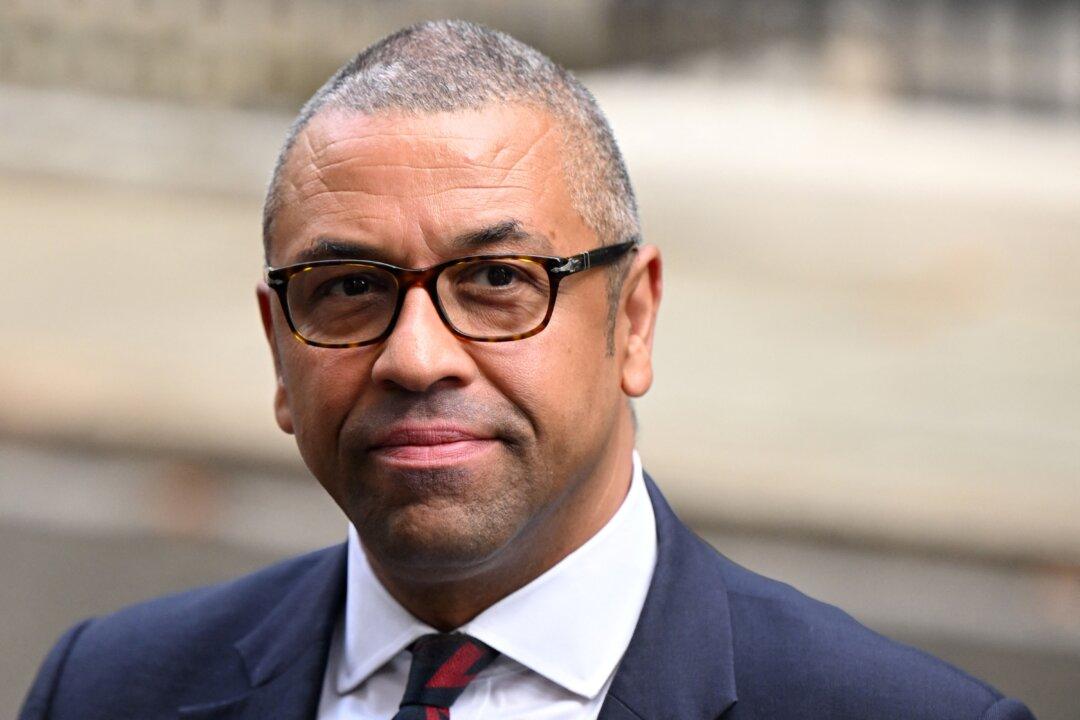The UK is funding new counter-drone technologies and working to understand and disrupt terrorist finances, Foreign Secretary James Cleverly said on Saturday.
During a speech at a U.N. Security Council Counter-Terrorism Committee meeting in New Delhi, Cleverly said technological advances had given terrorists “new opportunities that we must counteract.”





